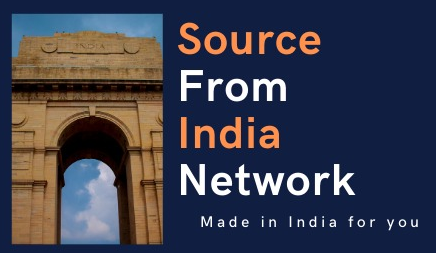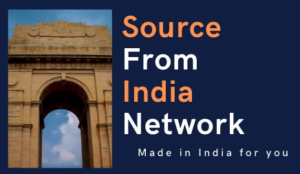Dispute resolution mechanisms play a crucial role in ensuring fair and efficient resolution of disagreements that may arise during sourcing from India. These mechanisms provide a structured framework for addressing disputes and preventing them from escalating into costly and time-consuming legal battles.
Primary Dispute Resolution Mechanisms
-
Negotiation: The most common and preferred method for resolving disputes is negotiation. This involves direct communication between the parties involved to reach a mutually agreeable solution. Negotiation offers a flexible and cost-effective approach that can preserve relationships and maintain business continuity.
-
Mediation: When negotiation fails, mediation can be employed. Mediation involves a neutral third party, a mediator, who facilitates discussions between the parties to help them reach a mutually acceptable solution. The mediator acts as a facilitator, not a decision-maker, and the parties retain control over the outcome.
-
Arbitration: Arbitration is a more formal dispute resolution process that involves a neutral third-party arbitrator or an arbitral tribunal. The arbitrator(s) hear evidence from both parties and issue a binding decision, which is enforceable under law. Arbitration is often preferred for its speed, confidentiality, and finality.
-
Litigation: Litigation is the most formal and adversarial dispute resolution mechanism, involving court proceedings where a judge or panel of judges presides over the case and renders a binding decision. Litigation is typically considered a last resort due to its complexity, costliness, and potential for protracted legal battles.

Additional Dispute Resolution Mechanisms
-
Conciliation: Conciliation is similar to mediation but typically involves a more active role for the third-party conciliator, who may suggest solutions and attempt to persuade the parties to reach an agreement.
-
Expert Determination: In certain cases, parties may agree to refer a dispute to an expert in the relevant field for an independent assessment and determination.
-
Alternative Dispute Resolution (ADR) Clauses: It is advisable to include ADR clauses in contracts with Indian suppliers, clearly specifying the preferred dispute resolution mechanism and the governing law.
Choosing the Appropriate Dispute Resolution Mechanism
The selection of an appropriate dispute resolution mechanism depends on various factors, including the nature of the dispute, the value of the contract, the urgency of resolution, and the parties’ preferences and risk tolerance.
For low-value disputes or those involving ongoing business relationships, negotiation or mediation may be suitable. For more complex or high-value disputes, arbitration or expert determination may be preferred. Litigation is typically considered a last resort due to its formality and cost.
Additional Considerations
-
Legal Framework: India has a well-established legal framework for dispute resolution, including the Indian Arbitration and Conciliation Act, 1996, and the Code of Civil Procedure, 1908.
-
Institutional Support: Numerous institutions, such as the Indian Council of Arbitration (ICA) and the Delhi International Arbitration Centre (DIAC), provide arbitration and mediation services.
-
Legal Representation: It is advisable to seek legal counsel from experienced Indian lawyers who are familiar with the applicable laws, regulations, and dispute resolution procedures.

